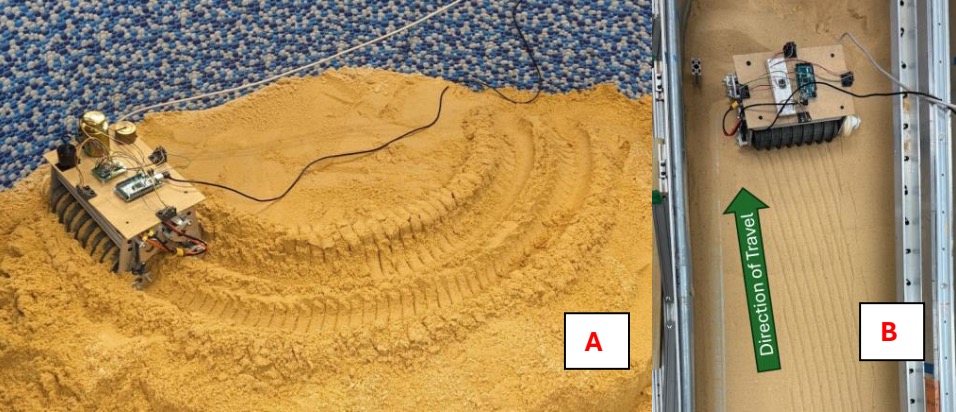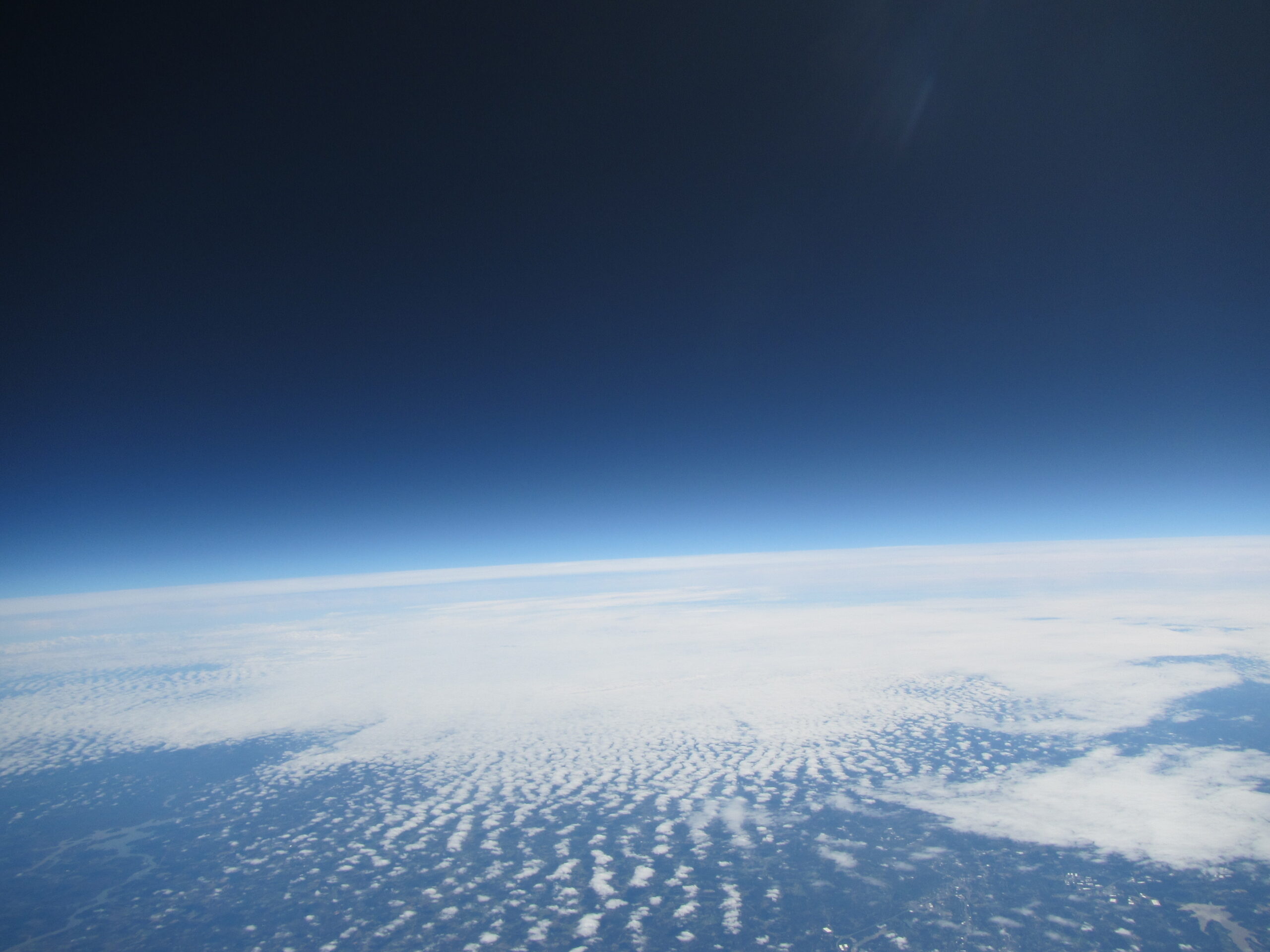NC Space Grant 2023-2024 MSI STEM Bridge and Pathways Scholars Announced
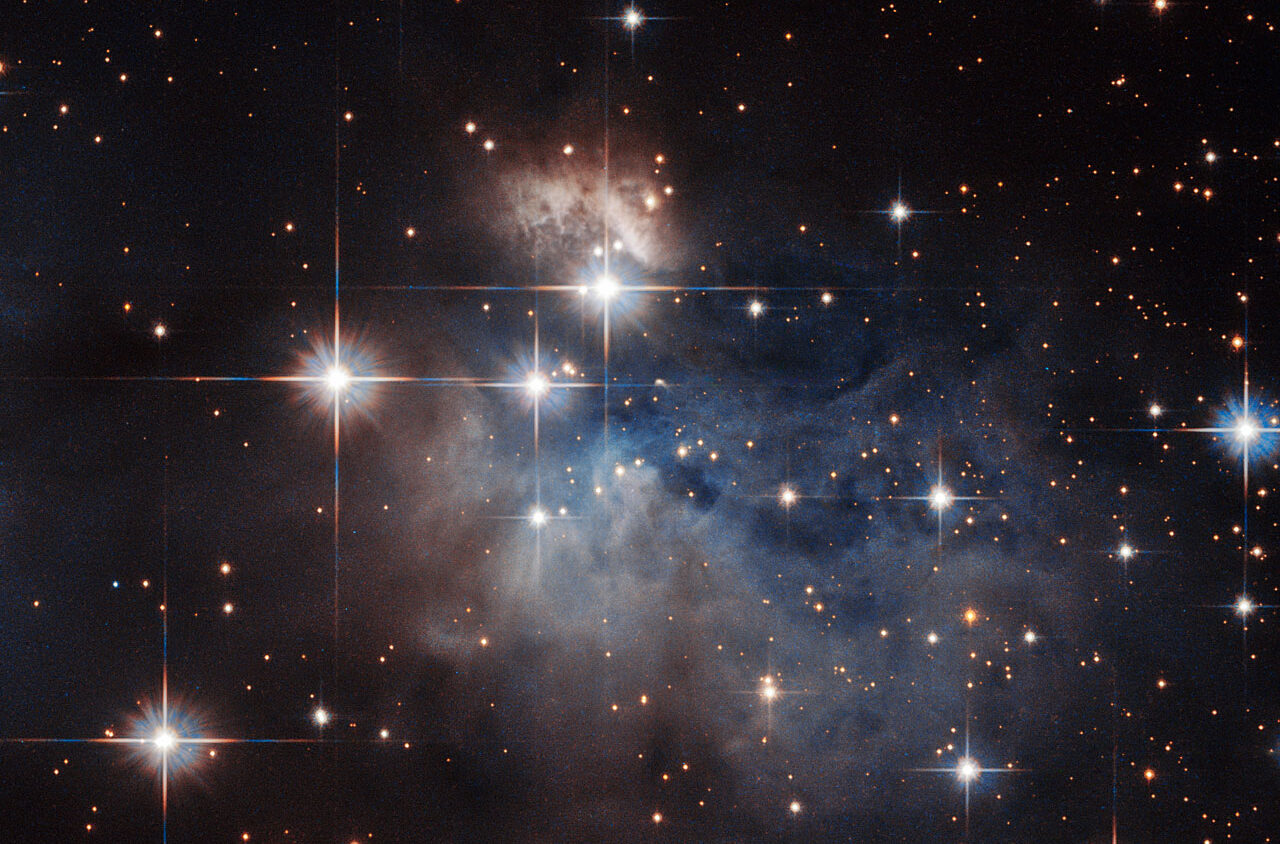
Credit: NASA Hubble Space Telescope
North Carolina Space Grant presents its new groups of Minority Serving Institution (MSI) STEM Bridge Scholars and MSI STEM Pathways Scholars.
In total, 20 distinguished students will explore and cultivate knowledge about NASA and related STEM — science, technology, engineering and math — opportunities.
“NC Space Grant’s goal is to encourage students from all backgrounds to study space-related STEM fields and provide them with the knowledge and skills to pursue their academic research and careers, so that the STEM workforce becomes more inclusive and diverse,” notes Sandy Canfield, the program’s assistant director. “Thus, we are pleased to offer these scholarships.”
The MSI STEM scholarships are offered to undergraduate students at Minority-Serving Institutions (MSIs) and Historically Black Colleges and Universities (HBCUs) as identified by the NASA MSI Exchange. The Pathways scholarship aids students early in their STEM studies and the Bridge scholarship supports the advancement of their academic and career pathways.
“With a boost of experience and confidence from this scholarship, it has been incredibly rewarding to witness our MSI STEM scholars earn internships with NASA, receive new scholarships from NC Space Grant and other sources, gain acceptance into graduate schools, and start their STEM careers,” Canfield adds.
Beyond the Horizon
This year, students represent seven North Carolina MSI or HBCU institutions, including Fayetteville State University, NC Agricultural and Technical State University, University of North Carolina Pembroke, North Carolina Central University, St. Augustine University, Elizabeth City State University, and Winston-Salem State University.
Students are enthusiastic about research that ranges from artificial intelligence (AI) to curing cancer to exploring the unknown frontiers of space. The scholarships ultimately inspire students to explore research territories of NASA mission directorates—Aeronautics, Exploration Systems Development, Mission Support, Science, Space Operations, and Space Technology—during their academic careers and beyond.
“Working in the Intelligent Systems Laboratory (ISL) at Fayetteville State University (FSU), some of my classmates have gotten internships at NASA and the Jet Propulsion Laboratory (JPL),” Toby White, a Pathways scholar, notes. He says that those friends “told me how wonderful and exciting it was.”
Meet the 2023-24 MSI STEM Bridge Scholars:
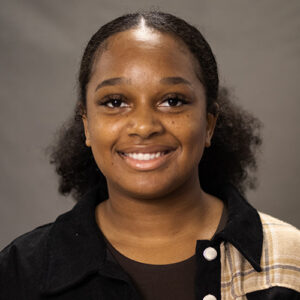
Brianna Barbee
Elizabeth City State University
Area of Study: Engineering Technology
“NASA has been an interest of mine since middle school — and if I was able to do research through NASA I would be so grateful, so my goal is to make it there.”

Akeem Blalock-Cotton
North Carolina Agricultural and Technical State University
Area of Study: Mechanical Engineering
“I am keen on delving into research related to innovative propulsion systems, sustainable life support technologies, and advanced spacecraft materials. My aspiration is to contribute to the cutting-edge missions of our time, whether it involves sending humans to Mars or exploring distant exoplanets.”
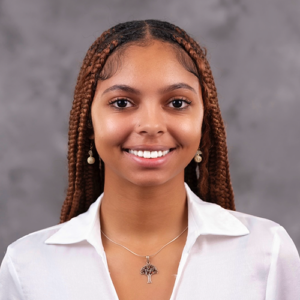
A’nya Buckner
Winston-Salem State University
Area of Study: Biology
“From my research, I have found very fascinating advancements related to NASA. This includes the commercial space exploration and the research being done on the International Space Station (ISS).”

Kahlia Edwards
North Carolina Agricultural and Technical State University
Area of Study: Biology
“Research in neurology allows for an exploration of the dynamic interplay between the brain and external factors, ranging from genetic predispositions to environmental influences. The collaborative and often interdisciplinary nature of space and aeronautical research mirrors my own inclination to explore new knowledge both independently and as part of a team.”
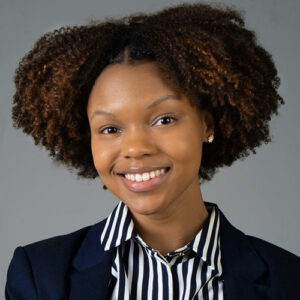
Sierra Franco
North Carolina Agricultural and Technical State University
Area of Study: Bioengineering
“My current research and personal interests align very closely with the efforts being made in the Science Mission Directorate, specifically within the topic of Earth Science. My ongoing research project also involves gaining a deeper understanding of potential threats to our precious natural resources, similar to NASA Applied Sciences Program’s focus on the environment, food, water, human health, and safety.”
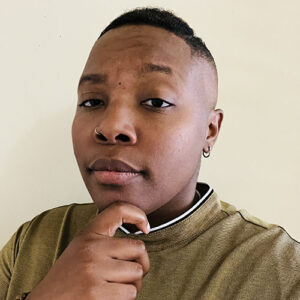
Shereiff Garrett
Fayetteville State University
Area of Study: Computer Science
“My academic and career pathways would involve contributing to the development of AI technologies and solutions that can make a positive impact on society. With this scholarship, I will gain support for research initiatives that align with NASA’s missions and goals, such as advancing AI for space exploration or environmental monitoring.”
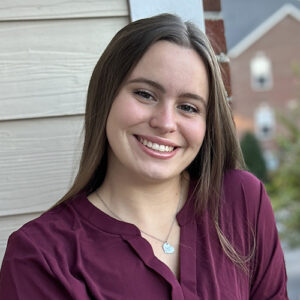
MyKayla Greene
University of North Carolina at Pembroke
Area of Study: Chemistry and Biotechnology
“I would love to delve into the unknown or little-researched causes of cancerous tumors. One of the causes I would like to study is the American diet. Under NASA’s purview, this particular research endeavor is likely to pique the interest of the NASA Human Exploration and Operations Mission Directorate, as it delves into the study of biological and chemical mechanisms crucial for the well-being of astronauts during space missions.”

Denis Sibrian Gonzalez
North Carolina Central University
Area of Study: Chemistry
“The process of discovering and developing drugs has intrigued me the most out of all the steps involved in the pharmaceutical industry. The spaceflight environment on the ISS exhibits different changes in gene expression relative to their counterparts on Earth. This impact of space on biological systems and the importance of understanding these changes is something that I would proudly research.”
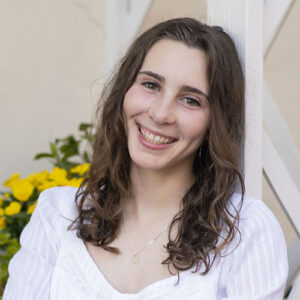
Reece Hicks
University of North Carolina at Pembroke
Area of Study: Chemistry
“My goal is to continue my research in Alzheimers even after undergraduate school. Aerospace travel for extended periods presents several potential stressors and health risks to the brain and its synaptic connectivity.”
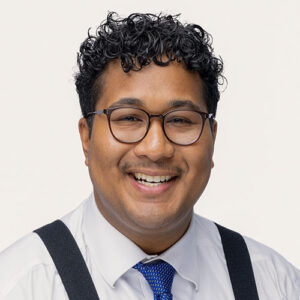
Leviticus Lintag
Fayetteville State University
Area of Study: Computer Science
“I would like to apply artificial intelligence research to the mental health field. Currently, active biomedical research being done on the ISS includes the testing of 3D tissue chips that would observe how cells react to the environment. This type of research falls well within my interests, and I could see myself striving to be a part of a research project just like that.”
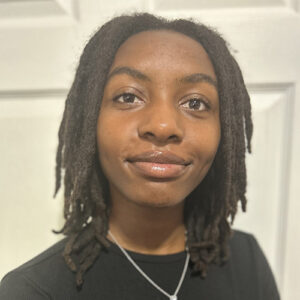
Taymar Smith
Saint Augustine’s University
Area of Study: Biology
“By using space exploration, we can observe changes around the Earth without being sidelined by disastrous events, monitor air purification, and scan the atmosphere for potential threats to humanity. Thus, my interest in NASA is surrounded by the ongoing research in Space biology.”
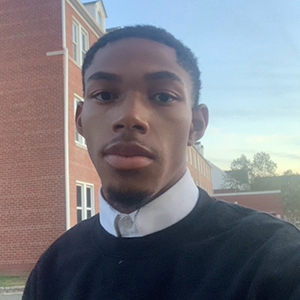
David Warren
Elizabeth City State University
Area of Study: Mechanical Engineering
“I’d like to create some kind of oil that is renewable and can be reused via synthetic cleansing. This would keep the environment a bit cleaner and keep the earth safe from fracking. I would love to use what I’ve learned and apply it to one of NASA’s missions to help them achieve their goal. I have the mindset of anything is possible, which is the same mindset one must have to work with NASA.”
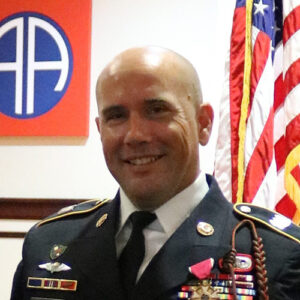
Matthew Wilkerson
Fayetteville State University
Area of Study: Computer Science
“My fascination for computer science converges perfectly with this intrigue for NASA’s technical innovation prowess. The employment of AI and Machine Learning techniques in handling enormous volumes of cosmic data, creating self-reliant systems for spacecraft probes and rovers or enhancing astronaut welfare through sophisticated diagnostics exemplify this intersectionality well enough.”
Meet the 2022-23 MSI STEM Pathways Scholars:
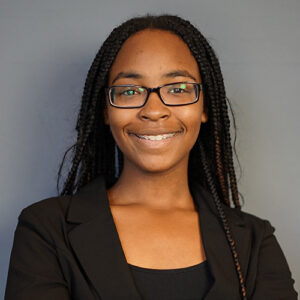
Keyaira Goff
North Carolina Agricultural and Technical State University
Area of Study: Bioengineering
“As a pre-medical student, I have been trying to find different routes to strengthen my application and medical research has been very prevalent in my undergraduate career. I would love to see how space affects the body and its function through the ISS.”

Jeremy Graves
Fayetteville State University
Area of Study: Computer Science
“My passion for NASA, commercial space endeavors, aviation/aeronautics, and ISS research is rooted in a deep-seated fascination with the limitless frontiers of space and its potential benefits to humanity. I am committed to contributing my skills and knowledge to these fields and am eager to be part of the next generation of explorers who will shape the future of space and science.”
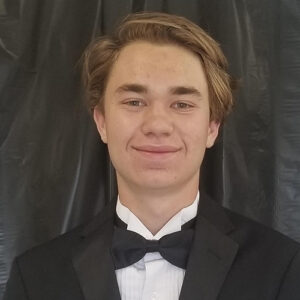
Jalen Haist
Elizabeth City State University
Area of Study: Computer Science
“My interest in digital simulation aligns seamlessly with NASA’s approach, as I envision contributing to the development of realistic models that mirror the conditions of celestial bodies. By delving into the realm of probabilities within simulations, I aim to be part of a community that meticulously analyzes potential outcomes, enabling NASA to make informed decisions that transcend the confines of traditional trial and error.”
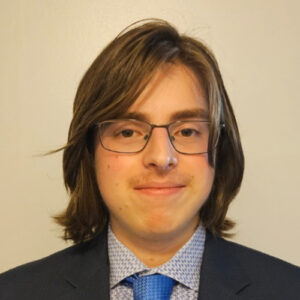
Ramsey McCue
Fayetteville State University
Area of Study: Computer Science
“I can imagine creating a program for a spacecraft that would take in data from its sensors to make important Realtime decisions that are important to the success of its mission. Of the real-world applications that programming can be used for, the missions taken by NASA would have the most real-world impact.”
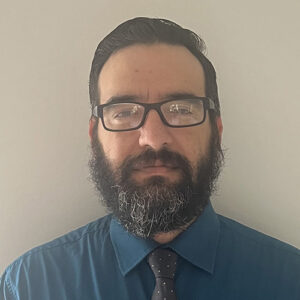
Paul Rodriguez
Fayetteville State University
Area of Study: Computer Science
“At Fayetteville State University I joined the Intelligent Systems Laboratory where we work together to find solutions to real world problems that government agencies encounter.”
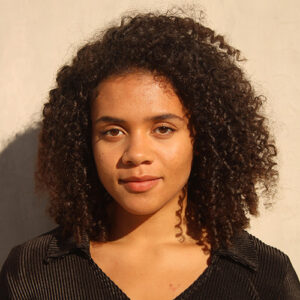
Alexis Spence
North Carolina Agricultural and Technical State University
Area of Study: Physics
“I am extremely ambitious to work in the wider international science community to create policies that pertain to our planetary mission of advancing our reach and knowledge of the universe. While taking care to consider the ethical, environmental, and progressive issues that face space exploration.”
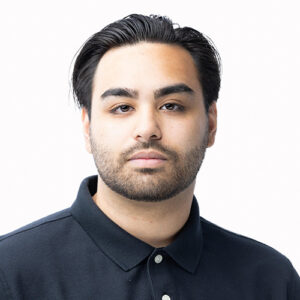
Toby White
Fayetteville State University
Area of Study: Computer Science
“Space and adventure have always interested me because I love the thought of discovering new things. With my most recent work in the Intelligent Systems Lab at Fayetteville State University, I have put together robots. I enjoy seeing it all come together and work.”
☽
- Categories:
